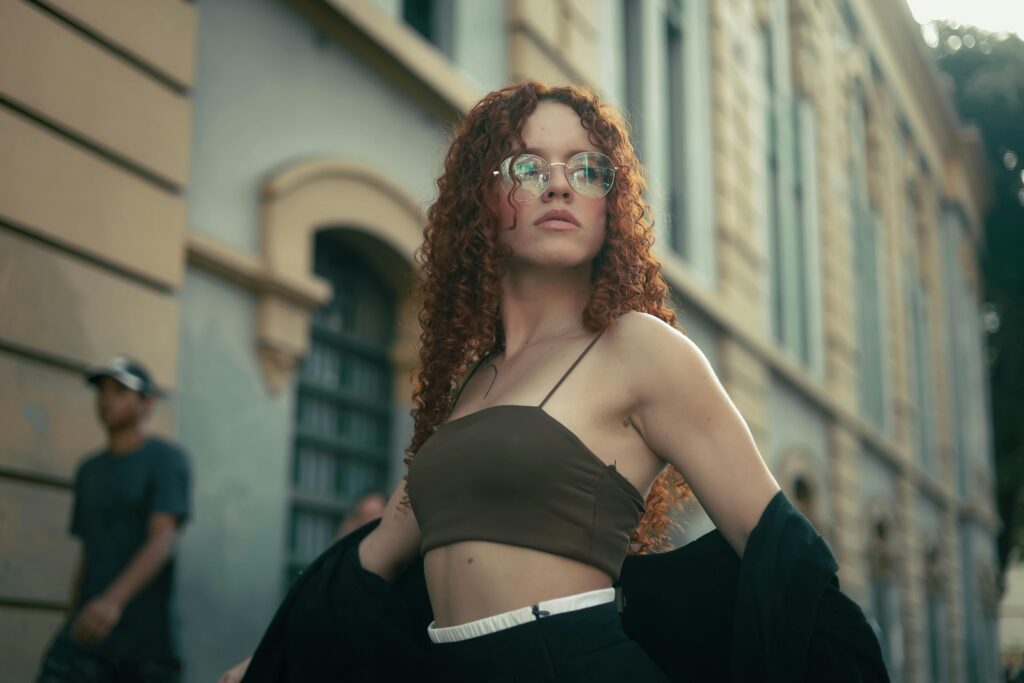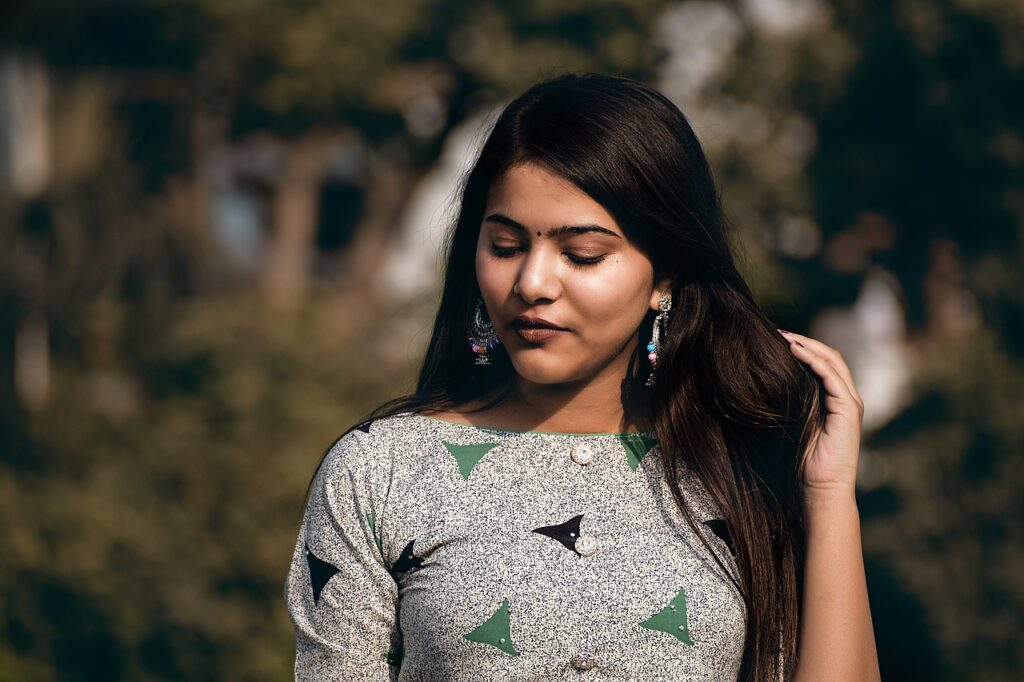
The fashion industry has a significant role in shaping environmental and social practices globally. Over the years, sustainable fashion brands have emerged as key players in reducing the harmful effects of fast fashion. These brands focus on ethical production, eco-friendly materials, and circular practices to ensure a better future for the planet. For consumers looking to make mindful purchases, this blog highlights some of the best sustainable brands fashion has to offer, their unique initiatives, and how they contribute to a greener future.
What Defines a Sustainable Fashion Brand?
Sustainable fashion is more than a buzzword—it’s a commitment to responsible practices throughout the production and supply chain. These brands prioritize ethical labor, reduce waste, and use environmentally friendly materials. Let’s explore the core features that make a brand truly sustainable.
Use of Eco-Friendly Materials
Sustainable fashion brands often use organic cotton, bamboo, or recycled polyester. These materials reduce water usage, limit harmful chemicals, and promote biodegradability. For instance, many leading sustainable brands fashion products are made with fabrics like Tencel, derived from sustainably sourced wood pulp.
Ethical Labor Practices
Ensuring fair wages, safe working environments, and no exploitation is a cornerstone of ethical brands. Transparency in labor practices builds trust and aligns with consumer values. Certifications like Fair Trade or SA8000 provide proof of ethical standards.
Reducing Waste Through Circular Fashion
Circular fashion ensures that products are reused, repaired, or recycled to minimize waste. Brands implementing take-back programs, resale platforms, or zero-waste policies are at the forefront of this approach. Circularity helps keep clothes out of landfills, extending their lifecycle and reducing environmental impact.
Why Supporting Sustainable Fashion Brands Is Important
Fast fashion has been criticized for its environmental damage and exploitative labor practices. Supporting sustainable fashion brands allows consumers to contribute to a cleaner planet and fairer industry. These brands focus on:
- Reducing water consumption and greenhouse gas emissions.
- Providing fair wages and safe working conditions.
- Promoting innovative, eco-friendly practices.
By choosing sustainability, consumers actively discourage unethical practices in the fashion industry.
Spotlight on Top Sustainable Fashion Brand
Patagonia
Patagonia is widely recognized for its dedication to environmental responsibility. The brand incorporates recycled materials into its products and upholds high ethical standards throughout its supply chain. A standout initiative is their Worn Wear program, which encourages customers to repair and reuse their garments, offering a resale platform to extend the lifecycle of their products and significantly reduce waste.
Eileen Fisher
Eileen Fisher is a leader in ethical production and timeless designs. The brand’s Renew program encourages customers to return old clothes for recycling or resale. Their use of organic fabrics aligns with their dedication to sustainability.
Stella McCartney
Stella McCartney blends luxury and sustainability. The brand avoids animal-based materials, opting for alternatives like mycelium leather and recycled textiles. This innovative approach sets them apart in the sustainable brands fashion space.
Reformation
Reformation is a trendsetter in sustainable fashion. It measures the environmental impact of every product and shares this data with consumers. Using recycled fabrics and minimizing waste are central to their production processes.
Everlane
Everlane practices radical transparency, disclosing their production costs and factory details. They focus on high-quality materials like organic cotton and recycled fibers, ensuring durability and sustainability.
Emerging Brands to Watch
Several smaller brands are making waves with innovative practices:
- Girlfriend Collective creates activewear from recycled plastic bottles.
- Veja produces sneakers with organic cotton and wild rubber.
- Pangaia incorporates bio-based materials and supports reforestation programs.
These emerging brands demonstrate that sustainability can also mean innovation.
Challenges and Opportunities in Sustainable Fashion
Challenges Faced by Sustainable Fashion Brands
Sustainable fashion brands often encounter higher production costs due to the use of premium materials and ethical labor practices. Scaling these operations while maintaining sustainability can also be challenging.
Opportunities for Growth
Despite these hurdles, sustainability offers immense opportunities. Advancements in technology, such as biodegradable materials and AI-driven supply chain optimization, are helping brands innovate and grow.
How to Identify and Support Sustainable Fashion Brands
· Check for globally recognized certifications such as Global Organic Textile Standard (GOTS), Fair Trade Certified, or OEKO-TEX, which confirm ethical and eco-friendly practices.
· Utilize resources like mobile apps and websites that rate brands based on their sustainability efforts. Tools like Good On You provide valuable insights into a brand’s environmental and ethical commitments.
·Focus on purchasing high-quality clothing that is durable and long-lasting. By choosing fewer, better items, you can help reduce unnecessary waste and promote mindful consumption.
By supporting sustainable fashion brands, consumers can align their purchases with their values while contributing to a more ethical industry.


